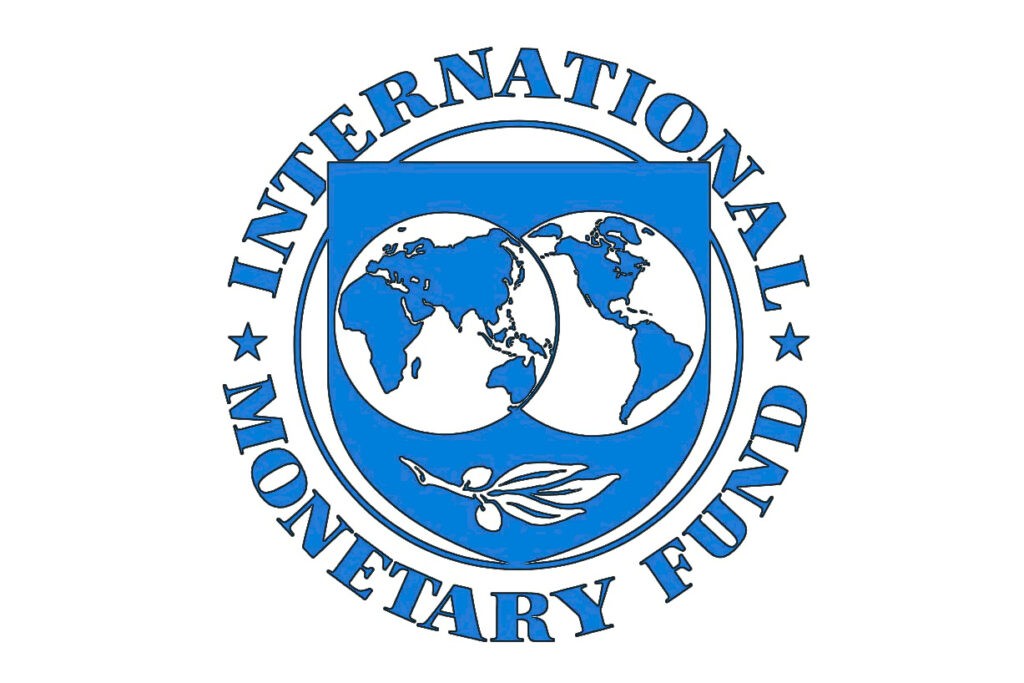EDB Forecasts 8.4% GDP Growth for Tajikistan in 2025
Tajikistan’s real GDP is projected to grow by 8.4% in 2025, driven by favorable trade and investment dynamics, rising gold export prices, and decreasing energy import costs, according to the Eurasian Development Bank (EDB). This optimistic forecast surpasses the Tajik government’s minimum expectation of 8.0% growth. The EDB predicts that inflation will rise to 5.9% in 2025, returning to the National Bank of Tajikistan’s (NBT) target range of 6.0% (+/- 2 percentage points) by the end of the year. Analysts attribute this inflationary uptick to strong domestic demand. In 2024, Tajikistan recorded a historic low inflation rate of 3.6% - the lowest since the country’s independence. However, a slight increase in the refinancing rate, by 1 percentage point, is expected as inflation adjusts back to the target range. The refinancing rate has remained at 9.0% since August 5, 2024. The EDB also forecasts a slight devaluation of the somoni, Tajikistan’s national currency, with the exchange rate expected to reach 11 somoni per US dollar by the end of 2025. This adjustment is attributed to higher imports and a decline in remittance volumes. Currently, the somoni trades at 10.9450 per dollar, reflecting a 0.2% appreciation against the dollar in 2024, according to data from the National Bank for Reconstruction and Development. The Times of Central Asia previously highlighted the main short-term risks for Tajikistan’s economy from 2024 to 2026, but the EDB’s projections signal a positive outlook for 2025. Key growth drivers, such as trade, investment, and favorable market conditions, are expected to bolster economic performance despite currency pressures. Despite the fact that the Government of Tajikistan claims the poverty level in the country has decreased (the poverty threshold is not specified), in reality a huge swathe of the male population is working abroad in an attempt to feed their families. Up to 40% of households in Tajikistan have at least one member working abroad. According to the World Bank-KNOMAD, migrants’ remittances to Tajikistan in 2022 amounted to 5.346 billion dollars (39.6% of the country’s GDP). This makes Tajikistan one of the most remittance-based economies in the world. This story was last updated on 10 January 2025 at 10:23GMT





